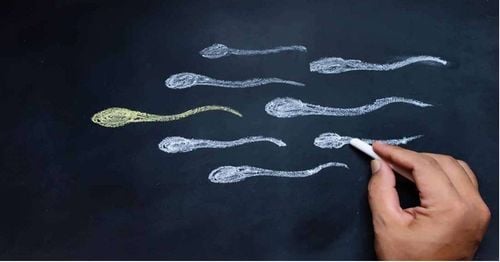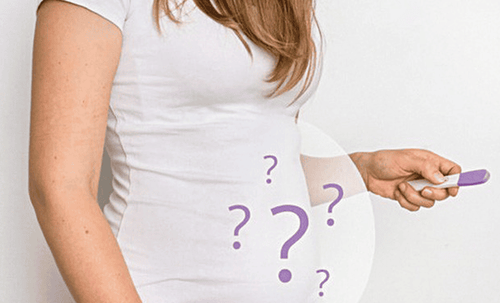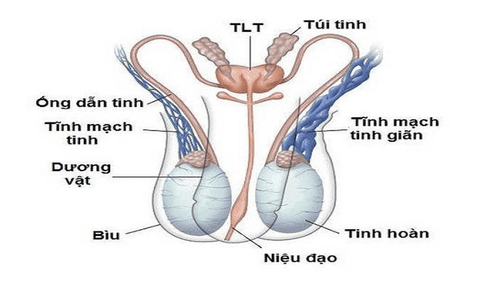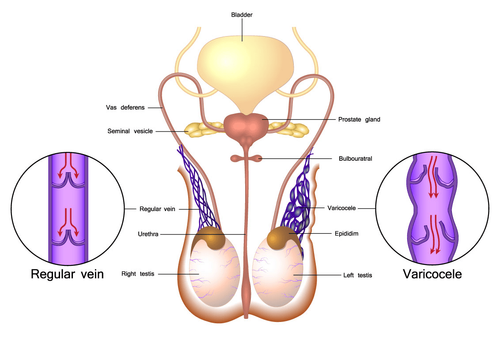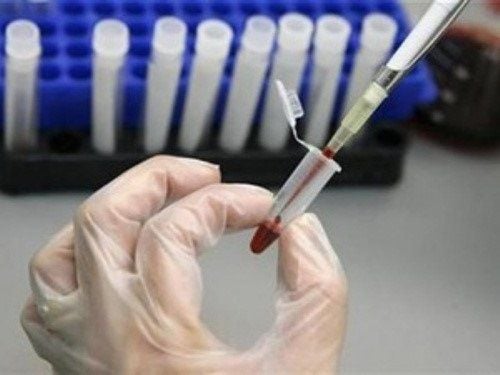This is an automatically translated article.
Age is the most important factor affecting a woman's fertility. A woman's eggs will also decline in quality and quantity with age. A woman in her mid-20s has up to a 30 percent chance of getting pregnant each month. Fertility usually begins to decline in a woman's late 30s and declines more sharply after age 35. By age 40, the chance of getting pregnant in any given monthly cycle is about 5%. In this article, we will provide useful information about graphs showing the effect of age on fertility in women.1. Graph showing the effect of age on fertility
Both the fertility and pregnancy curves shown on the graph apply to women with normal reproductive function. Accordingly, as a woman's age increases, from the age of 20, the ability to become pregnant decreases and along with the possibility of infertility increases.The age of 20-24 is the most fertile period for a woman when the pregnancy rate in this period is up to 86%. This percentage will gradually decrease as a woman's age increases and can even be as low as 0% for women over 50.
Meanwhile, the age of 20-24 is also the period when the possibility of infertility of women is at its lowest with only 3%. This number will increase with the age of the woman and can reach 100% for women over 50.
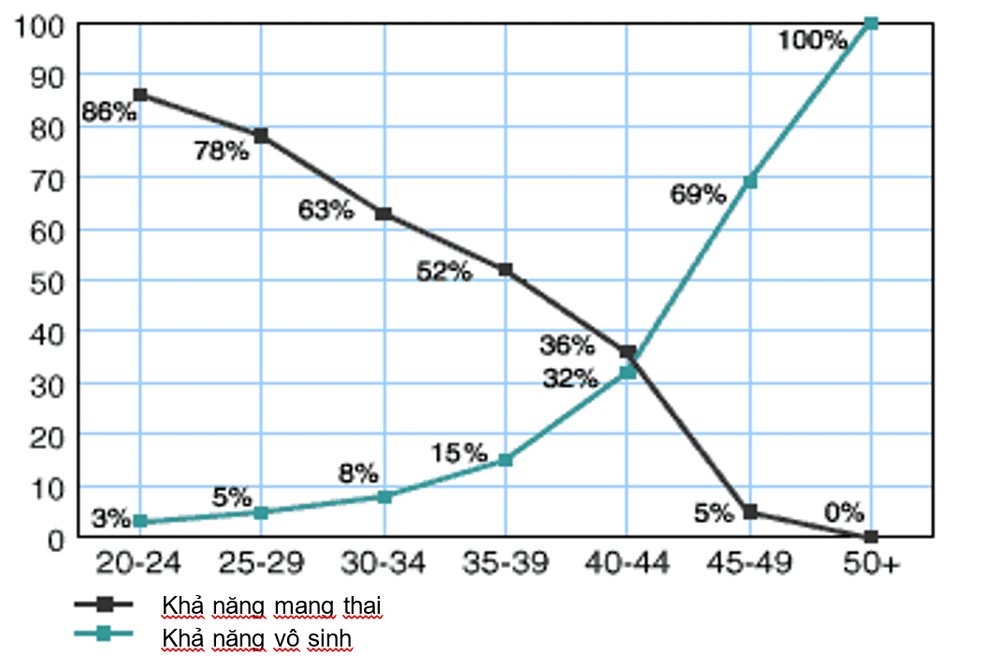
Biểu đồ thể hiện ảnh hưởng của tuổi đến khả năng sinh sản ở người phụ nữ
2. Effect of age on fertility
Fertility is closely related to age. In both boys and girls, fertility begins after a baby finishes puberty. For girls, the beginning of reproductive age is marked by the start of ovulation as well as the menstrual cycle and officially ends after they go through menopause, counting from the time they go through the menopause. At this point, the woman will no longer be able to become pregnant. In general, female fertility declines with increasing age, and fertility may end 5-10 years before a woman enters menopause.In today's society, age-related infertility is increasingly common for many reasons, of which it is especially noticeable that many women tend to get married when they are over 30 years old. Although women today have better health and self-care knowledge, improved health in later life may not compensate for the decline in natural fertility. due to age. It is important to understand that fertility decreases as women get older as the number of eggs in their ovaries decreases with age. In some cases, the decline in egg numbers even occurred much earlier than they could have imagined.
2.1. The Effect of Age on Ovulation and the Menstrual Cycle During the reproductive years, women have regular monthly menstrual periods associated with regular ovulation during this time period. Eggs are developed inside a fluid-filled spherical organ called a follicle. At the beginning of each menstrual cycle when a woman has her period, a hormone produced by the pituitary gland stimulates a faster group of follicles to grow on the two ovaries. The pituitary hormone that stimulates the ovaries is called follicle-stimulating hormone (FSH). Normally, only one of those follicles will mature and release an egg (also known as ovulation) and the rest will stop growing and gradually degenerate. Pregnancy is the result of fertilization between a sperm and an egg to form a zygote that implants in the lining of the uterus. If there is no pregnancy, the endometrium will shed to prepare for a new cycle. During adolescence, girls often ovulate irregularly, but by a certain age (usually 16 years old), ovulation will become more regular, so the menstrual cycle will also appear. regular. This will go on until the woman is about 40 years old, when her menstrual cycle becomes progressively shorter and stops altogether. When a woman has not had a period for a year they are said to be in menopause.
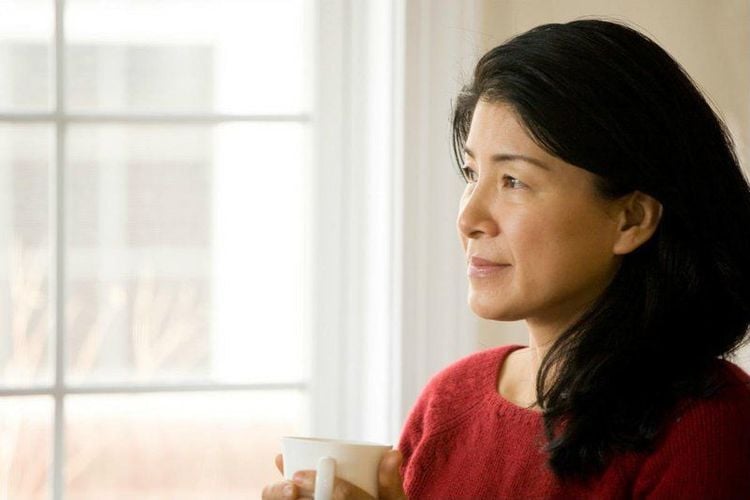
Khi một người phụ nữ không có kinh nguyệt trong vòng một năm họ có thể được cho là đã mãn kinh
2.2. Fertility in Women by Age Try, a 30-year-old woman with good health who is able to conceive will have a 20% chance of getting pregnant. By the age of 40 this number drops to just 5% per cycle. And by the end of menopause, women will no longer be able to reproduce. The average age of women's menopause is 51, but most women will no longer be able to become pregnant by the age of about 45.
This successful pregnancy rate is true not only for conceiving naturally but The same holds true for conceiving with fertility treatments such as in vitro fertilization . There are many couples who believe that they can use assisted reproductive methods such as in vitro fertilization to get pregnant. However, studies have shown that a woman's age will also greatly affect the success rate of infertility treatments because, as mentioned, a woman's fertility declines with age. occurs due to a decrease in both quantity and quality of eggs in a woman's body.
2.3. The effect of age on egg quality Women are less likely to get pregnant and have a higher risk of miscarriage if egg quality declines. According to scientists, along with the decline in the number of eggs, the quality of eggs will also decrease with the age of the woman. In particular, egg quality will be at its lowest for women aged 40 and over.
An important change in egg quality is the increasing occurrence of genetic abnormalities known as aneuploidies (too many or too few chromosomes in eggs). When fertilized, a normal egg contains 23 chromosomes, when combined with a sperm also contains 23 chromosomes will create a normal zygote with 46 chromosomes. As a woman ages, the number of eggs with chromosomal abnormalities increases. That means if fertilization occurs, the zygote will also have abnormalities in the number of chromosomes such as too many or too few. Down syndrome is the most typical syndrome of a change in the number of chromosomes in an egg when a person with Down syndrome has more than one chromosome number 21. In other heterozygous cases, the zygote usually cannot develop. or lead to miscarriage. This explains why the chances of getting pregnant are lower and the chances of miscarriage are higher in older women.
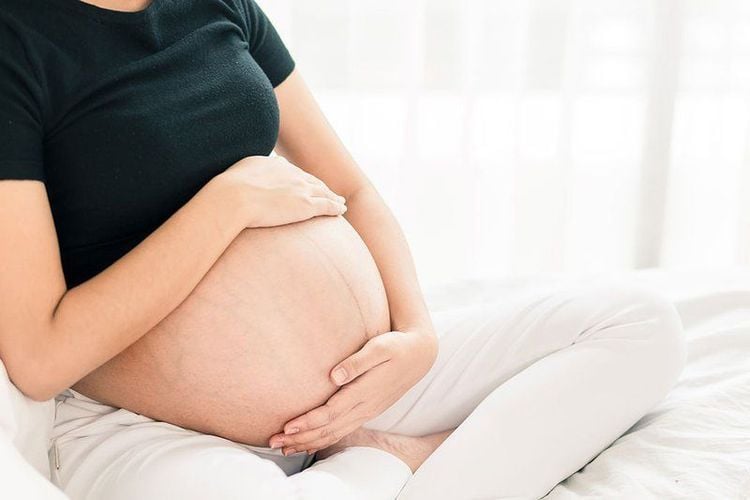
Phụ nữ lớn tuổi có khả năng mang thai thấp hơn và khả năng sảy thai cao hơn bình thường
Natural fertility naturally declines as women age. While the onset and rate of decline will vary from woman to woman, it usually begins before menopause. In general, fertility declines as a woman enters her early 30s and declines more rapidly after the age of 35. Women who, for whatever reason, wish to delay childbearing until after the age of 35. 35 need information about appropriate testing and treatment methods, and even the adoption of other assisted reproductive therapies. By learning about options and being aware of their own needs and goals, couples will be prepared to make the best decisions.
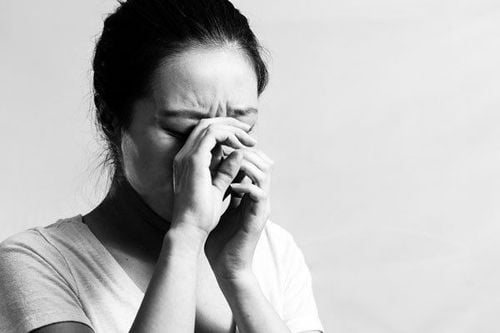
Khả năng sinh sản tự nhiên sẽ suy giảm khi phụ nữ lớn tuổi
Pre-pregnancy health care and counseling program at Vinmec International General Hospital includes the following main contents:
Pre-pregnancy genetic counseling Screening to detect healthy people carrying disease genes Standard equipment for assisted reproductive services Pharmaceutical use and pregnancy Vaccinations Oral Vitamins and Folic Acid (vitamin B9) Food use and pregnancy Prevention of exposure to toxic chemicals, hazardous physical agents Other health problems for you and your husband (wife) At Vinmec International General Hospital, the doctor will examine, guide as well as support the most complete information for couples before marriage. prepare to have children.
Please dial HOTLINE for more information or register for an appointment HERE. Download MyVinmec app to make appointments faster and to manage your bookings easily.
References: reproductivefacts.org, babycenter.com



